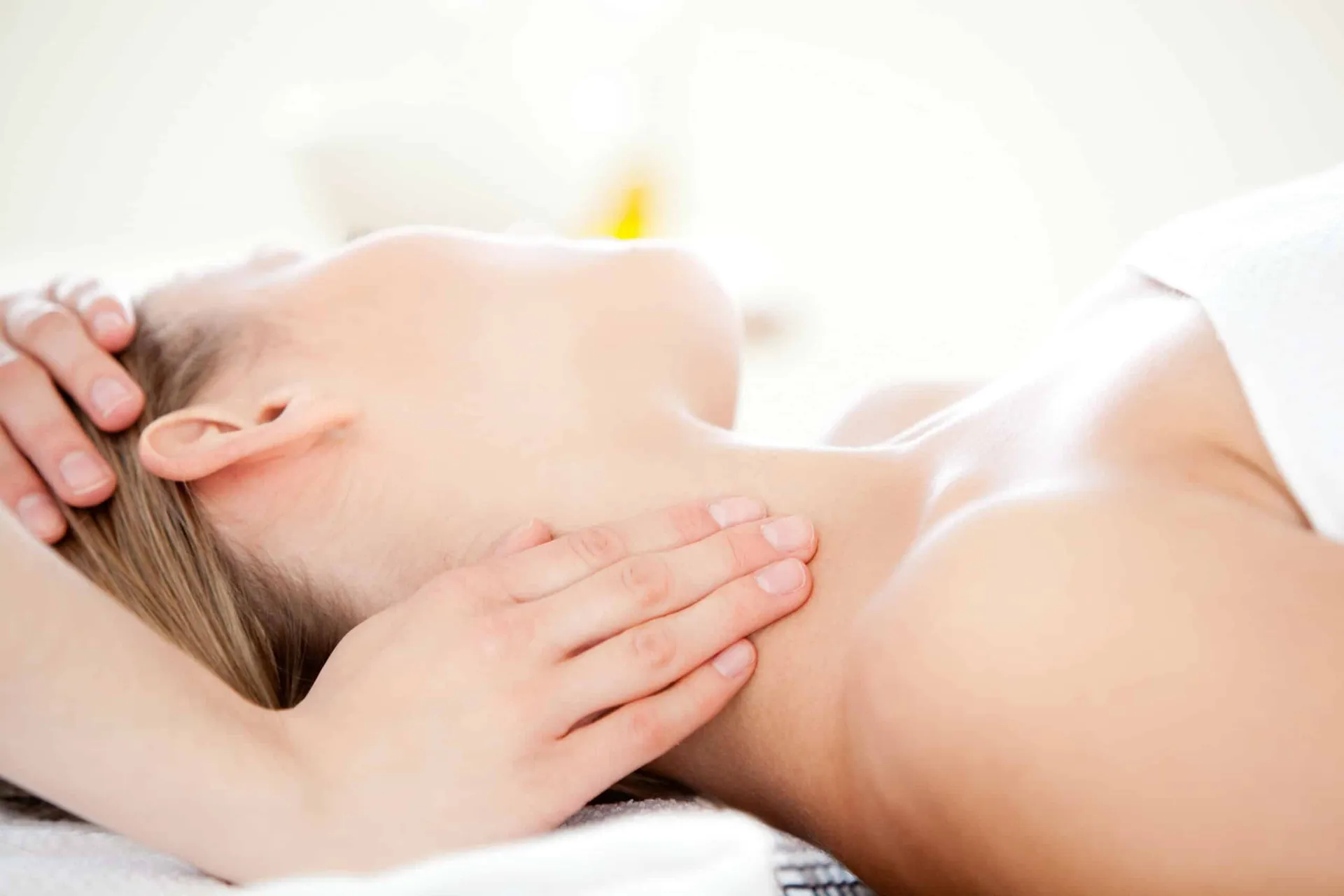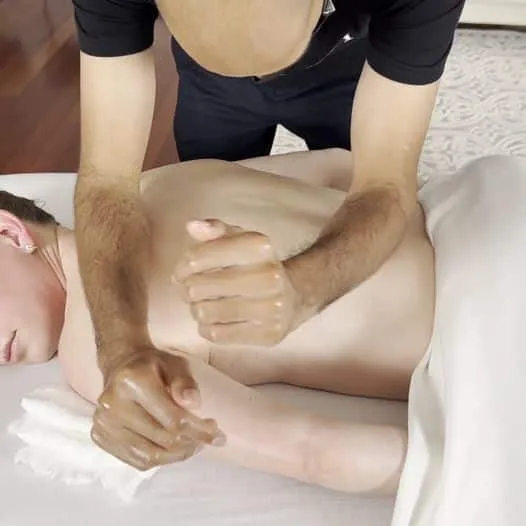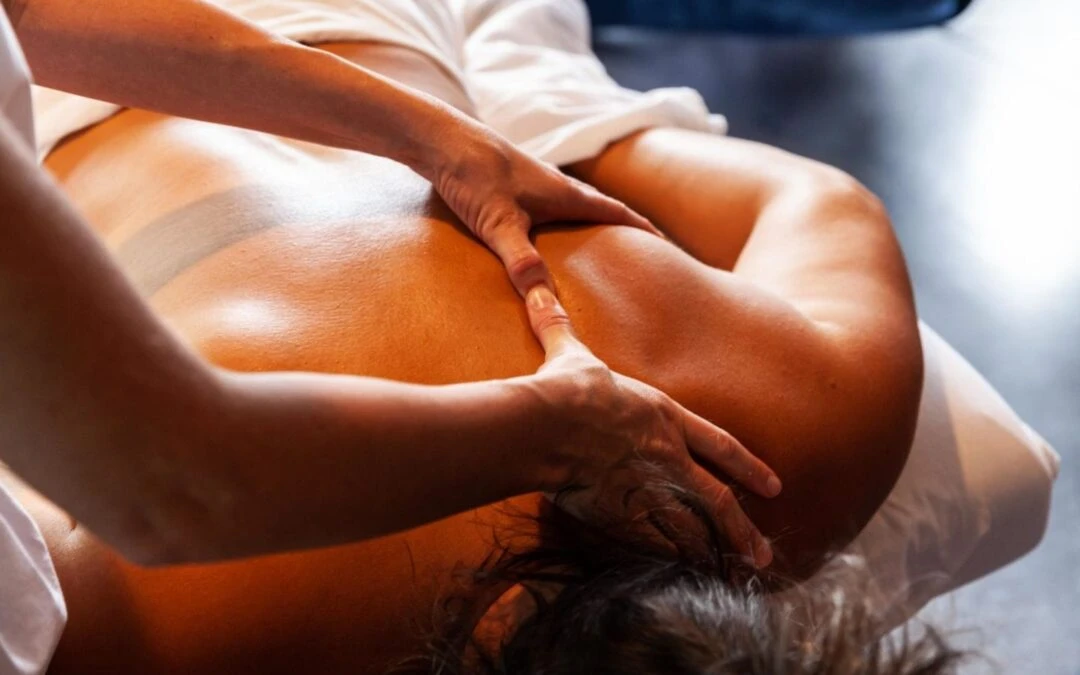The growing interest in holistic wellness has fueled the popularity of in-home massage therapy in Montreal. Vivanti’s certified massage therapists offer mobile services across a wide range of neighborhoods—from the creative energy of the Plateau and Mile End, to the urban cores of Downtown and Westmount, and the residential calm of NDG, Côte-des-Neiges, Outremont, Rosemont, Villeray, and Laval.
These professionals arrive equipped with everything needed: massage table, clean linens, high-quality oils, and relaxing ambiance. Services typically include options like deep tissue, therapeutic, Swedish, prenatal, aromatherapy, and lymphatic drainage. Most sessions are insurance-eligible through RMT receipts, making it easier for clients to integrate massage into their wellness routines.
Before diving into your first session, it’s helpful to understand which massage style best suits your needs—starting with the key differences between deep tissue and therapeutic massage.
Deep Tissue vs. Therapeutic Massage: What’s the Difference?
Choosing the right massage starts with understanding your goals. Do you need targeted relief for physical pain, or are you simply looking to de-stress? Here’s how the two styles break down:
Deep Tissue Massage
This is an intense, focused technique that uses slow, firm pressure to release chronic tension deep in the muscles and fascia. It’s ideal for:
-
Chronic pain sufferers
-
Athletes and physically active individuals
-
Recovery from physical injury or repetitive strain
Benefits:
-
Breaks down scar tissue
-
Improves range of motion
-
Reduces inflammation and muscle tightness
Considerations:
-
Can be uncomfortable during and after treatment
-
May cause soreness for 24–48 hours post-session
-
Not recommended for people with certain medical conditions (e.g., blood disorders)
Therapeutic Massage
Therapeutic massage is more moderate in pressure and tailored to target physical or emotional stress. It’s a great option if you:
-
Sit at a desk all day
-
Struggle with anxiety or sleep problems
-
Prefer a gentler, nurturing approach
Benefits:
-
Reduces stress hormones
-
Enhances circulation and lymph flow
-
Promotes relaxation and mental clarity
Considerations:
-
May require regular sessions for chronic issues
-
Not as effective for deep muscle release

How to Choose the Right Massage for You
Here’s how to know what style suits you:
If you have specific pain areas, go with deep tissue. It’ll address muscle knots, tight shoulders, lower back pain, etc.
If you want to unwind mentally or emotionally, therapeutic massage provides an excellent calming experience.
If you’re new to massage, start with therapeutic—then try deeper work once your body adapts.
The Rise of In-Home Massage in Montreal
Vivanti’s massage therapists are all Registered Massage Therapists (RMTs) and provide receipts that can be submitted for insurance reimbursement. Most group insurance plans in Quebec will cover part or all of your session.
How it works:
1. Book your massage
2. Receive your receipt via email or on-site
3. Submit it to your insurance provider for reimbursement
Always confirm with your provider how much they cover per year and whether you need a doctor’s note (some plans do).
Massage & Insurance: What You Need to Know
Montrealers are increasingly opting for mobile massage therapy because:
You avoid driving, parking, or transit
You stay in a space where you’re comfortable. You can rest or sleep right after—no rushing out the door.
This is especially appealing in high-density neighborhoods like Griffintown, Verdun, or Little Italy, where traffic and commuting can add extra stress. For more information on how massage therapy is covered by insurance in Quebec, visit the Fédération québécoise des massothérapeutes agréés (FQM).

Client Use Cases: Real Scenarios
Émilie, 33, Rosemont: “I work remotely and barely leave my apartment. My shoulders were on fire. Booking a deep tissue session at home saved me a trip across town and actually gave me better results than going to a clinic.”
Marc, 42, West Island: “After a car accident, I had constant hip tightness. My therapist customized a series of deep tissue sessions over four weeks, and my mobility improved drastically.”
Sara, 29, Mile End: “Therapeutic massage helped me manage anxiety. Doing it at home was a game-changer—I could relax completely, no pressure to rush anywhere after.”
What to Expect From a Mobile Massage Session
Before: Your therapist arrives with a massage table, clean linens, and oils. You clear a space about 6×8 feet.
During: Sessions usually last 60 to 90 minutes. You choose music, pressure, and areas of focus.
After: Hydrate, rest, and avoid intense activity for a few hours—especially after deep tissue.
Many therapists offer aromatherapy add-ons, hot stones, or post-session stretching on request.
What to Expect From a Mobile Massage Session
Q: How far in advance should I book?
Most services accommodate same-day requests, but 24–48 hours ahead is ideal—especially during evenings or weekends.
Q: Do they bring everything needed?
Yes. Table, linens, oils, and even music are provided.
Q: What if I have pets or roommates?
Just let your therapist know in advance. Most are comfortable adapting to your space.
Q: How much space do I need?
A 6×8 foot area is typically enough—living rooms or bedrooms work great.
Q: How much should I tip?
Standard tipping is at your discretion, typically around 15–20%. You can easily leave a tip directly through our online booking platform if you wish.
Conclusion
Whether you’re managing back pain, recovering from injury, or just trying to stay grounded in a fast-paced city, in-home massage therapy in Montreal gives you the relief you need without leaving home.
Deep tissue massage helps with targeted pain relief and mobility, while therapeutic massage focuses on full-body balance and stress reduction. With top-rated services across the island, personalized care, and insurance-friendly options, there’s no reason not to bring the massage table to you.
Take care of yourself. Book a session. Stay home—and heal better.


